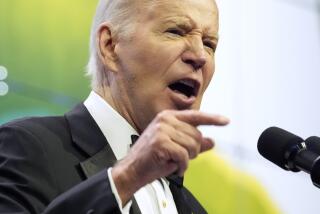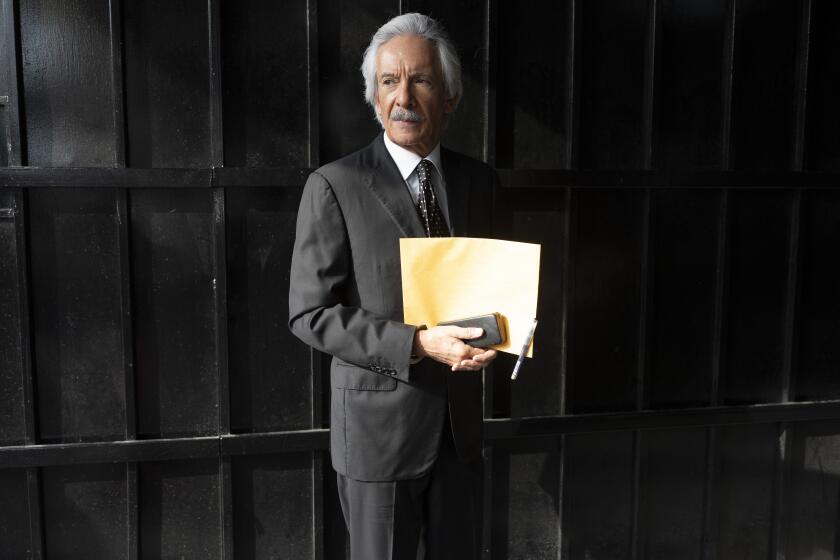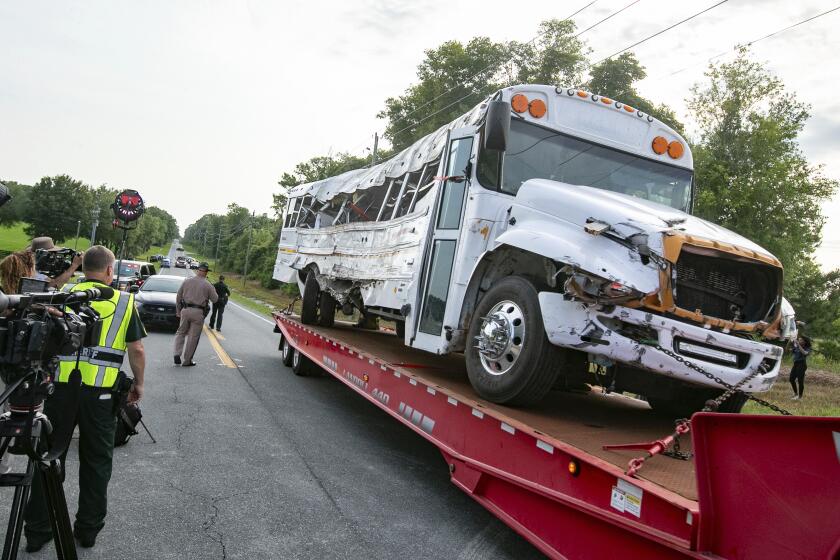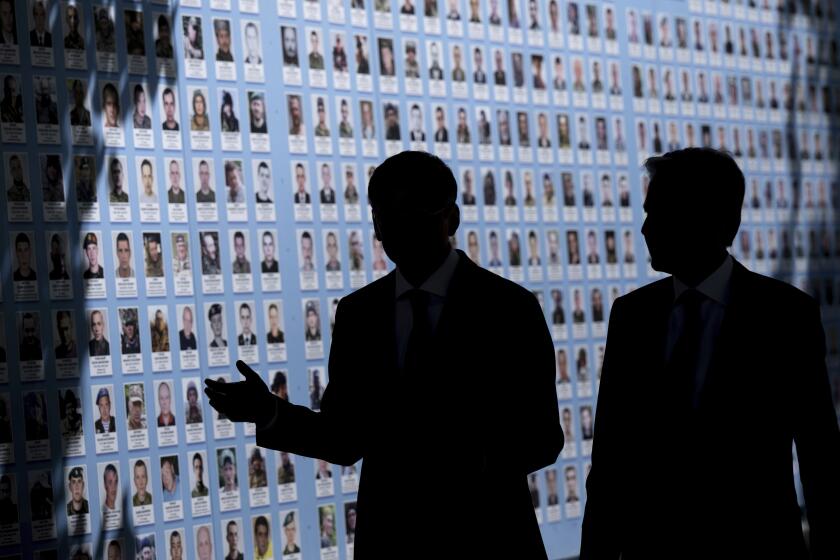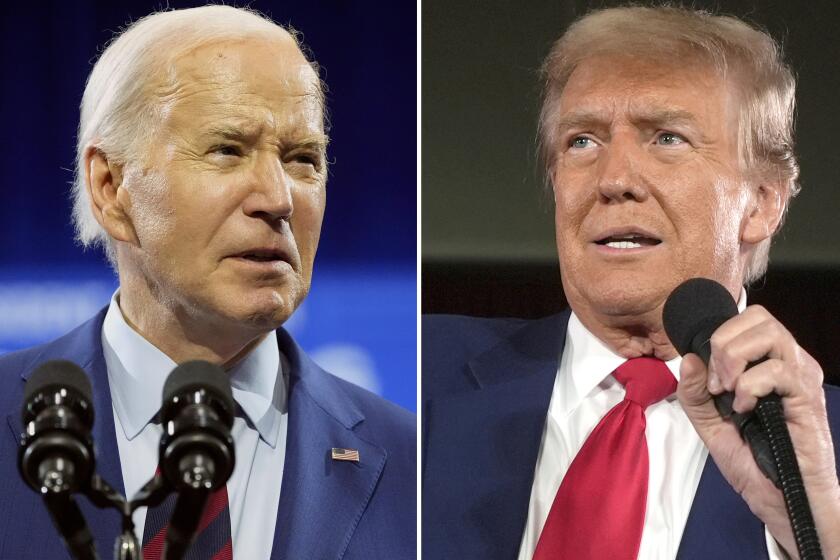Journalist Defends Report on Iraq Data
A BBC journalist on Tuesday defended his reports that a weapons advisor who later committed suicide had told him that the government rewrote a dossier on Iraq’s weapons to bolster the case for war.
Testimony by correspondent Andrew Gilligan came on the second day of an inquiry into the suicide of David Kelly, whose death cast a pall over a feud between the broadcaster and the government of British Prime Minister Tony Blair.
Gilligan’s reports, which used Kelly as an anonymous source, raised questions about whether the government misled Britain about the case for war, triggering the biggest crisis of Blair’s term -- especially because no weapons of mass destruction have been found in Iraq.
The BBC reporter testified that Kelly told him May 22 that Blair’s communications director, Alastair Campbell, transformed the dossier and that a claim that Iraq could deploy chemical and biological weapons in 45 minutes was included against the wishes of intelligence chiefs.
Gilligan’s report was vehemently denied by the government and prompted two parliamentary inquiries into the government’s use of intelligence.
Campbell has denied the charge, and Kelly -- days before his suicide -- testified to a parliamentary committee that he did not believe Campbell had doctored the file and denied he was the source of the story. Kelly was found dead three days after testifying to the parliamentary committee.
Gilligan faced tough questions over discrepancies between his account of his interview with Kelly and the scientist’s own recollection. The inquiry heard that an internal BBC memo spoke of Gilligan’s “flawed reporting.”
But a second BBC correspondent said that in a separate interview, Kelly had expressed similar concerns about the dossier.
More to Read
Start your day right
Sign up for Essential California for news, features and recommendations from the L.A. Times and beyond in your inbox six days a week.
You may occasionally receive promotional content from the Los Angeles Times.


